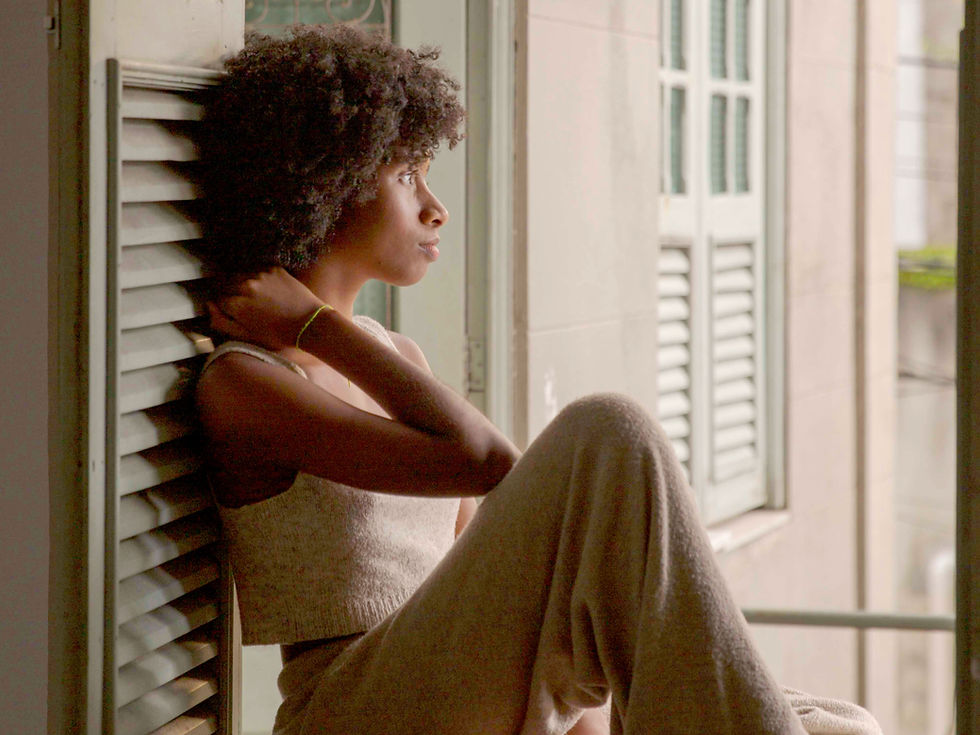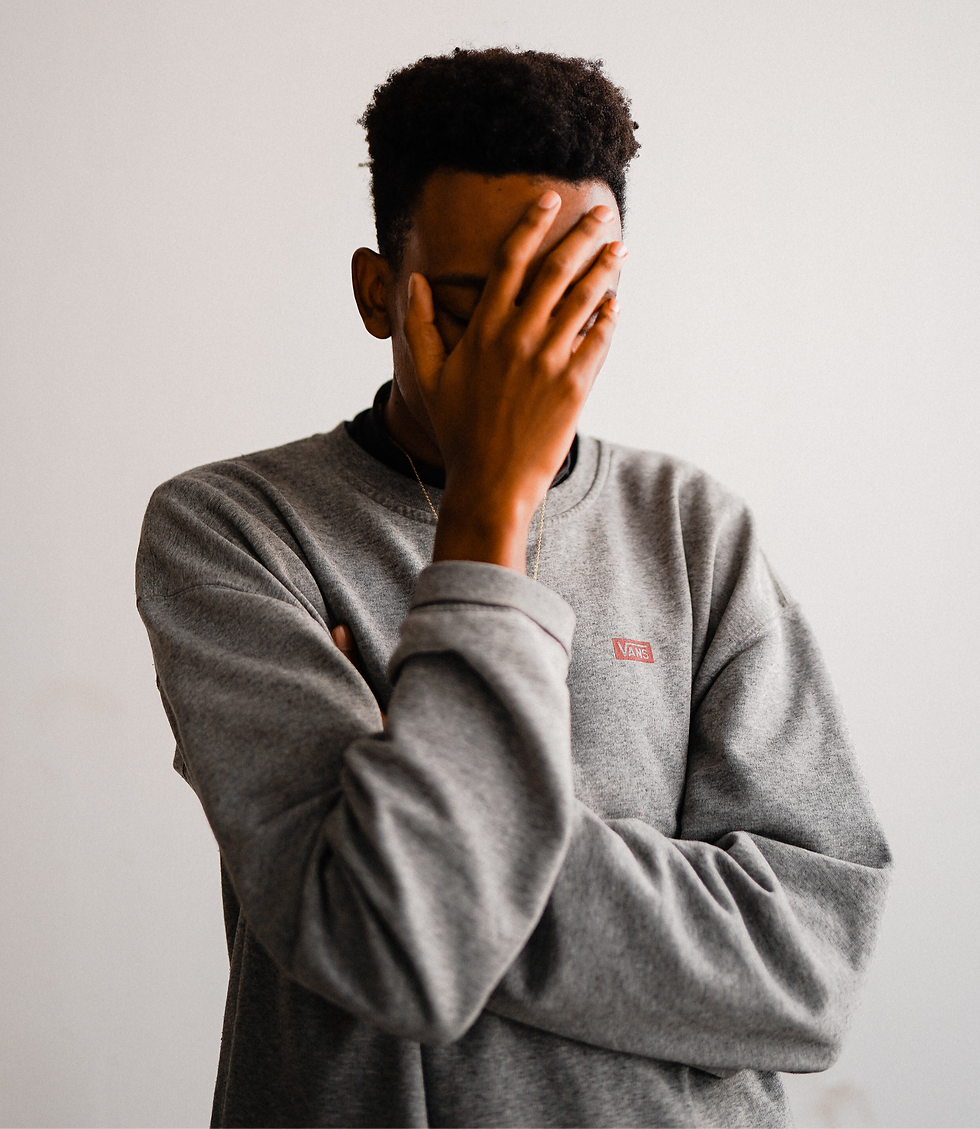What Depression Really Looks Like (And What It Doesn’t)
- David McDaniel, LCSW

- Sep 3, 2025
- 3 min read

Lots of people picture depression as deep sadness, crying, or staying in bed all day. These signs can reflect depression, but they don’t tell the full story. Depression often shows up in ways we don’t expect. The more clearly you recognize the signs, the more empowered you are to take care of yourself.
Clinical Symptoms of Depression
Depression represents a medical condition, not just a rough patch or response to stress. Clinically, it includes symptoms such as:
Persistent low mood or irritability
Loss of interest or pleasure in activities
Changes in sleep (sleeping too much or too little)
Appetite or weight changes
Fatigue or low energy
Difficulty concentrating or making decisions
Feelings of worthlessness or guilt
Thoughts of death or suicide
To meet the criteria for a diagnosis, these symptoms must last most of the day, nearly every day, for at least two weeks and interfere with daily functioning.

What Depression Doesn’t Always Look Like
It can be surprising how subtly depression shows up. You might not cry. At all. In fact, some people with depression seem “high-functioning” on the outside — going to work or school, keeping up with responsibilities — while feeling completely disconnected, numb, or overwhelmed inside.
Here are a few signs of depression that many people overlook:
Irritability or anger: Depression doesn’t always look like tears. It can also sound like snapping at your partner or getting annoyed in traffic. For anyone taught to hide vulnerability, depression may come out as a short fuse or constant frustration.
Chronic physical symptoms: Sometimes the body keeps the score. Headaches, stomach issues, or mysterious aches can show up when emotional distress doesn’t have another outlet.
Overworking or perfectionism: Some people stay constantly busy or chase impossible standards because slowing down would mean facing feelings they’d rather outrun.
Withdrawing socially: Depression might look more like unread texts, quiet group chats, or a habit of suddenly turning down plans.
Emotional flatness: Instead of sadness, many people describe feeling “meh,” numb, or disconnected… like watching life happen from the sidelines.
Masking with humor or caretaking: Depression can hide behind a good joke or a well-timed “I’m fine.” Some people focus on entertaining others to avoid shining a light on their own pain.

Depression Looks Different for Everyone
Depression can affect anyone, regardless of age, gender, background, or personality. What depression looks like in one person may feel completely different in another. That’s why comparing your experience to a stereotypical image of depression can lead to missed opportunities for care.
Bodhi Counseling’s trauma-informed therapists understand that your history, environment, and identity all shape both how depression develops and how healing begins. Whether you’ve felt low for a long time or recently noticed shifts in your mood or motivation, you don’t have to navigate it alone.

We’re Here to Help
Our therapists actively treat depression and related concerns like anxiety, trauma, and stress. If you’re also wondering whether medication might help, our in-house nurse practitioner can meet with you to explore your options.
Depression is real, valid, and treatable. If you don’t feel like yourself, or if you don’t quite know how to name what you’re feeling, we’re here to listen and help you figure out the next step.
You don’t have to wait for a crisis to start feeling better. Reach out today to connect with a therapist or schedule a consultation with our nurse practitioner.



Comments